(ThyBlackMan.com) The funny thing about so-called “black leadership” is that much of our perception of black public figures is controlled and managed by predominantly white media. Therefore, it is no coincidence that nearly every prominent black person who speaks firmly for the rights of African Americans has been typecast as either a buffoon, a crook or a greedy, selfish liar. Think about it for a second; can you name one “black leader” who hasn’t been almost completely vilified or humiliated? You probably cannot.
But there are some of us who try to read between the lines. We realize that no one is perfect, and that even when you have a glaring imperfection, this doesn’t mean that you’re not adding a net positive benefit to the world around you. Most of us reading this article have made horrible mistakes in our lives, but this doesn’t wash away the good things we’ve done for other people. The same should be true for our public figures.
What I really find silly is the idea that when a black public figure receives 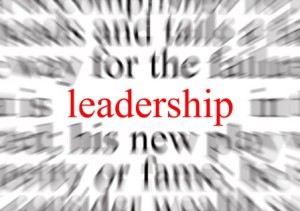 money for doing a job, he’s somehow morphed into a swindling con artist. Most of the people making this criticism get up every single day and do something for a white man, all for the sake of receiving a check. The only difference is that when you go to work each morning for Wal-Mart, Bank of America, McDonald’s or IBM, that labor isn’t giving anything back to your community. So, keep this in mind the next time you believe that a “black leader” is worthless because he’s running a business, selling a book or expecting to be compensated for his time. You’d probably expect the same, especially if the rent is due.
money for doing a job, he’s somehow morphed into a swindling con artist. Most of the people making this criticism get up every single day and do something for a white man, all for the sake of receiving a check. The only difference is that when you go to work each morning for Wal-Mart, Bank of America, McDonald’s or IBM, that labor isn’t giving anything back to your community. So, keep this in mind the next time you believe that a “black leader” is worthless because he’s running a business, selling a book or expecting to be compensated for his time. You’d probably expect the same, especially if the rent is due.
Being in the public eye isn’t for the faint of heart and you have to really believe in what you’re doing. Once I became the “big mouth black guy at Syracuse University,” most white universities (and many HBCUs) would never hire me since I was perceived to be a threat. That means that the 12 years I spent in school, studying 10 hours a day learning how to become a Financial super nerd was at risk of going to waste. It is also financially draining and emotionally difficult to work on behalf of people who think that you’re stealing from them because you’re selling a $20 book. All the while, they gladly drop $200 at Target and think nothing of whether that money is going back to their community. This is not an easy life at my level, so I can’t imagine what it must be like for those who’ve done this sort of work for the last 40 years.
I personally don’t care if a black public figure was paid money to do something, since all of us take money from someone to do most of what we do on a daily basis. We all have kids to feed and need to make money in order to continue doing whatever we are doing. Instead, the question is whether or not they are seeking to use a substantial percentage of those resources to help my community or at least to sustain their ability to engage in meaningful activism. If the answer is “yes,” then I am happy to lend my support.
The list below is built on my honest perceptions of people after watching them work behind the scenes. Individuals left off the list haven’t been excluded for being entirely ineffective, but I must confess that I have an affinity for those who’ve advocated for black people who have no voice. During the Obama presidency, there has been little conversation about the poor, victims of urban violence, those impacted by mass incarceration (AG Eric Holder’s recent announcement could change some of that), and victims of the black unemployment crisis. The Obama presidency has been a Symbolism Megafest for the black elite, while poor, unemployed and incarcerated people have been drowning in the basement of the Titanic.
Sadly, there are those who chose to “turn in their weapons” to the Obama Administration back in 2008, speaking in one voice with the Obama White House. This strategy has backfired, since most indicators say that black people are worse off since 2008 than they were before Obama was elected.
On the flip side, there are those who’ve been impressively consistent in their message, pushing forward with an agenda that is both relevant and effective. Those who say that there has never been a black agenda are either ignorant or have been listening to the wrong people, since a very consistent message has been shared throughout black media by those who care enough to share it. In fact, you have to wonder if the alleged absence of a black agenda is a deliberate effort to silence our collective voice by making our community appear to confused, unfocused and undisciplined. That perfectly fits the black stereotype in America.
So, without further ado, here is my list of favorite black public figures, based on what I’ve seen over the last five years:
1) Rev. Jesse Jackson – I’ve listened to Rev. Jackson closely since Obama was elected. He’s the only one who has consistently used his platform to promote a message about stopping violence, ending mass incarceration, helping the poor, securing labor rights and ending educational inequality. Other people in his position are simply trying to make money or become friends with people in the White House. Unfortunately, critics often use Jackson’s unfortunate comments on Fox News five years ago as an excuse to force out one of the most impactful voices in all of black America. Rev. Jackson being frozen out of the White House was no accident.
2) Dr. Cornel West – I don’t agree with every form of expression Dr. West has used to share his discontent (I try not to call the president names), but Dr. West is the closest thing we have to Dr. Martin Luther King Jr. Like Dr. King, Cornel is also a scholar and man of God who says what needs to be said without worrying about what might be popular. He’s lost money and powerful friends to fight for poor people, while many of those holding 50th anniversary marches are ignoring the poor so they can have dinner with the Obamas. Both Dr. King and Cornel West would not be invited to many of the ceremonies taking place this month in DC because their voices would be deemed too radical. We need more scholars like Cornel West, who rise above the temptation of conformity in order to say what needs to be said.
3) Father Michael Pfleger – Father Pfleger has put his life on the line to help dying and forgotten kids in the south side of Chicago. He’s one of the greatest black men I’ve ever met, even though he’s white. I’ve rarely met anyone who is more driven by a higher power than Father Pfleger, and I wish I had half the courage that this man does. When I think of the words, “What would Jesus do?” I look at Father Pfleger to try to see the answer. Almost no one is doing what this man is doing in Chicago or anywhere else.
4) Dr. Julianne Malveaux – It’s a shame that we won’t let women lead where so many men have failed. Dr. Malveaux’s expertise is beyond reproach(you have no idea how difficult it is to get a PhD in Economics from MIT) and would be valuable as we endure a presidency that has left our economic condition far worse than it was a few years ago (by the way, the white unemployment rate has improved over the last five years, while ours has gotten worse. That’s what happens when you neglect a serious problem). In fact, in a more equitable world, Dr. Malveaux would be the Treasury Secretary of the United States. She’s certainly smarter than the Wall Street puppets that have been selected by the Obama Administration. Any meetings with the president on black unemployment should include Dr. Malveaux in order to be taken seriously.
5) Min. Louis Farrakhan – Min. Farrakhan is one of the most liberated black men in America. When you are economically independent, racism can’t keep you from achieving your objectives. I consider Min. Farrakhan to be the Michael Jordan of black leadership: He stands out above the rest, primarily because he’s figured out how to make his own money. Economic independence is the next step in our quest for true equality, because you can never be respected as an equal when you are financially dependent upon the descendants of your historical oppressors and also allow them to educate your children. That’s just stupid.
Min. Farrakhan is also the only person who can take nearly any black man, from any situation, and turn him into a strong, intelligent, upstanding and disciplined citizen. He is a true community builder and one of the voices we should listen to as it pertains to getting off the plantation and not just surviving on it. So, rather than getting hung up on the controversy behind the disagreements that the minister had with his mentor, the late Malcolm X, I choose to believe that they are both great black men who didn’t always see eye-to-eye.
6) Harry Belafonte: Harry’s track record speaks for itself. For a man to be 86-years old, still fighting for people he will never meet is nothing short of remarkable. I hope Harry lives to be 186. At least those extra years would not be wasted. If every entertainer today had the spirit of Harry Belafonte, the black community would be the most powerful group of people on earth.
7) Dr. Ron Daniels: Dr. Daniels is the head of the Institute for the Black World 21st Century. He is also one of the most thoughtful political strategists I’ve ever met. He cares deeply for the black community and has worked on those issues that are consistently left off the radar screen. He actually reminds me of the late Dr. Ron Walters, who was equally wise when it came to knowing exactly what our community needs.
8) Marc Morial: As the head of the Urban League, Marc Morial has been as consistent as a ray of sunlight as it pertains to his recommendations for the advancement of people of color. As one of the few public figures to be invited into the White House, Morial didn’t seem to get caught up in the hype of being aligned with the first bi-racial president. He understands politics well enough to know that the best way to negotiate is to maintain neutrality until and unless the other party offers meaningful concessions. You don’t sign over the farm in the first ten minutes.
This list is not exhaustive, and I’m sure I’ve forgotten someone. Also, I don’t pretend that my list is any more valuable than your own. Finally, the truth is that our public figures are not the real heroes in the black community.
The most significant people in our community are the millions of citizens who’ve realized that you are your own greatest black leader if you choose to be: School teachers who realize that their work is more than a job, parents who raise their children to be extraordinary mothers and fathers, attorneys who pass up meaningless corporate slavery in exchange for a life worth living, etc. The truth is that it makes no sense for us to put all of our faith in a few figureheads, when we should all be pitching in. So, the next time you’re tempted to criticize the actions of someone you see on television, ask yourself: What am I doing for my community right now other than complaining?
You might be surprised at what you can accomplish when you put your mind to it.
Staff Writer; Dr. Boyce Watkins
Dr. Boyce Watkins is the founder of the Your Black World Coalition. For more information, please visit http://BoyceWatkins.com.













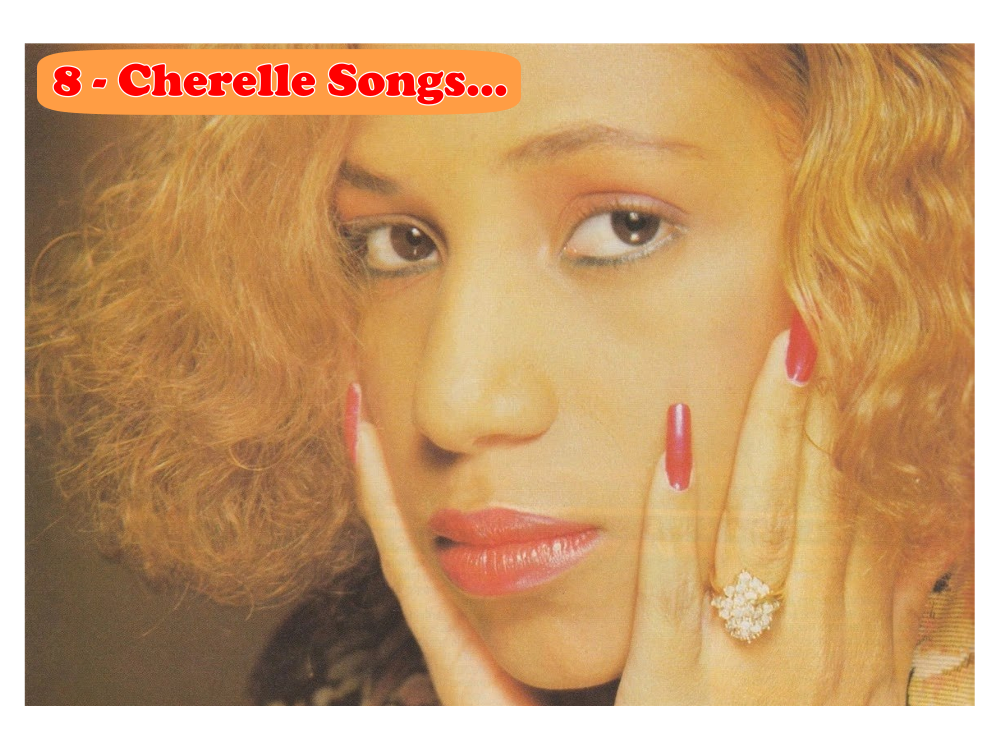
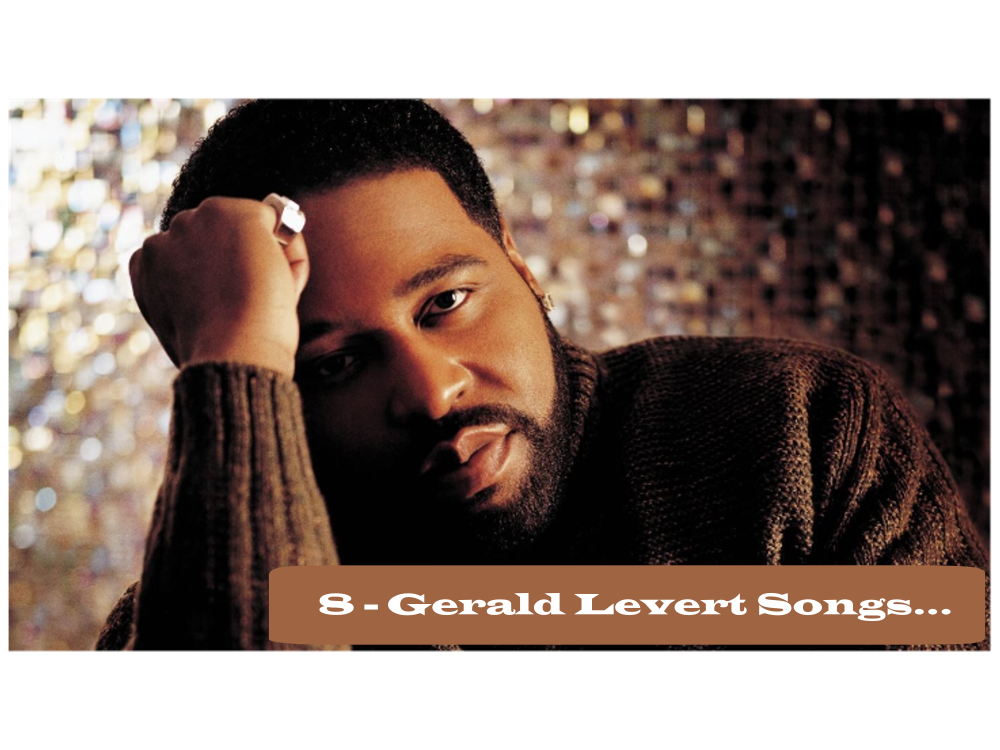
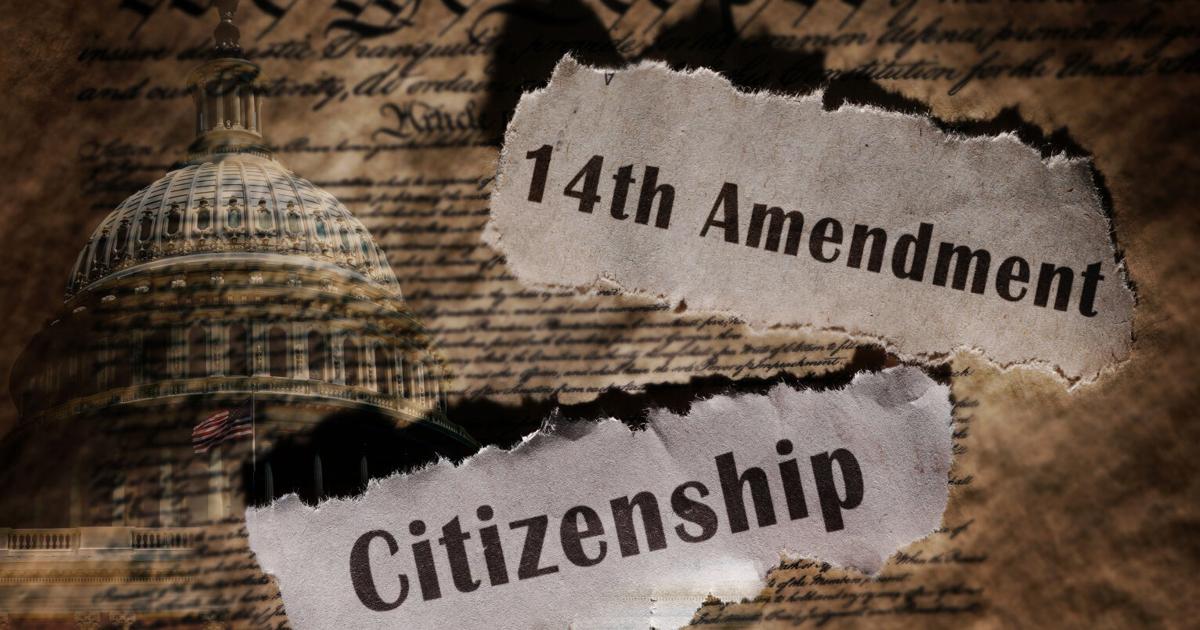
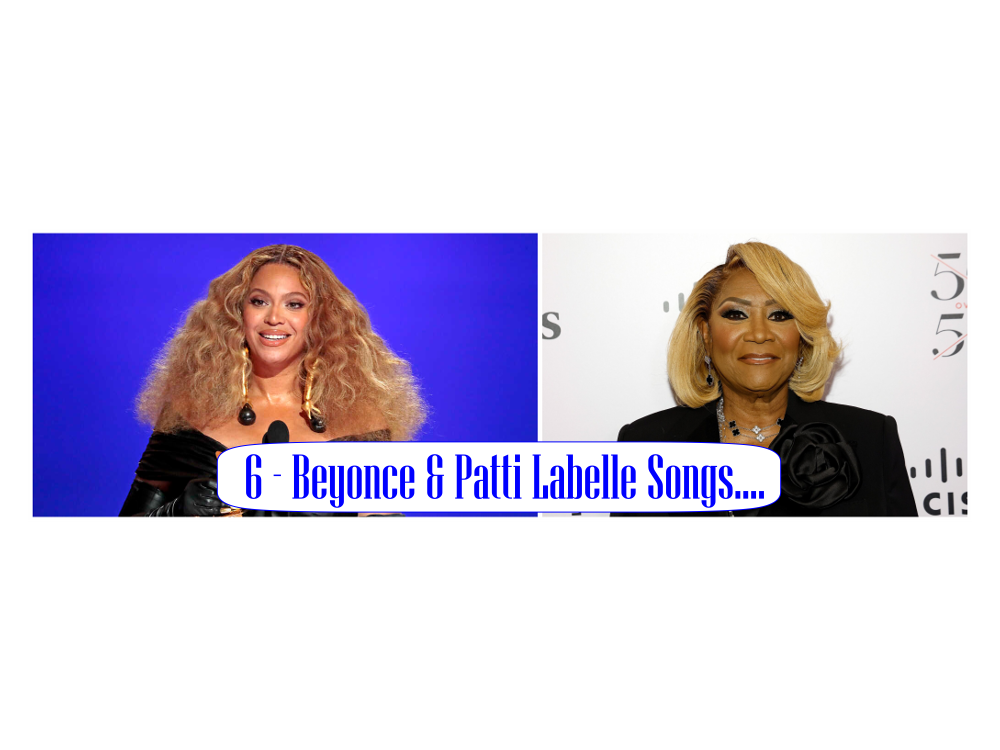
I left out something about Jesse on purpose. I thought someone would’ve posted it by now, but I guess I will.
“Ending mass incarceration.” Jesse’s own son and daughter-in-law are on their way to federal prison. Jesse Jr. is expected to begin serving time on Nov 1. He was sentenced to 46-57 months but w/ good behavior he may serve only 5 months. He stole $750, 000 in campaign funds and blames it on a bipolar condition. Yeah, right. And his wife, who was an alderman, received 1 year. She’ll begin serving her sentence once Jesse Jr. gets released. I think it was very considerate of the judge to allow her to be free in order to care for their children while her husband’s serving his time.
Jesse can’t even prevent his son from stealing and going to jail. So there’s no way he’s “ending mass incarceration.” I bet he doesn’t see anything wrong w/ Jesse Jr. taking/using campaign funds for his personal use. After all, Pop Jesse says It’s All About The Money.”
“Rev Jackson being frozen out of the White House was no accident.” I’m hoping and praying it was deliberate. Hell, if I was president, there would be an order of protection against Jesse. He should know better than to make such indirect threats. Those comments and that sexual discrimination lawsuit has revealed the REAL Jesse Jackson.
In fact, Jesse’s against black people. He denigrates the new breed of black people who don’t play the race card at every (other) turn and actually get ahead based on geniune merit and respect. He accuses them of “not being true to the struggle,” or “forgetting where you came from,” and last but not least, “you been hanging around white folks too long!” Jesse’s typical of the civil rights leadership that has outlived his (un) usefulness. Time for him, Al, and the rest of them to retire to the old activists’ home.
Those comments and that sexual discrimination suit revealed the REAL Jesse.
Dude, are you related to Jesse?
“He’s the only one who has consistently used his platform to promote A MESSAGE about stopping the violence…” It would’ve had to been A MESSAGE heard by no one. Each year, roughly 7,000 blacks are murdered. 94% of the time, the murderer is another black person. According to the Bureau of Justice Statistics, between 1976-2011, there were 279,384 black murder victims. Using the 94% figure means that 262,621 were murdered by other blacks. Though blacks are 13% of the nation’s population, they account for more than 50% of homicide victims. What message is Jesse spreading and to whom? No way is he promoting to stop the violence to young/old black men b/c he made that threat about the presidents you know what b/c Obama told a predominately black audience that black men needed to step up and be good fathers and take care of their children. Didn’t you know that Jesse’s a deadbeat dad? According to his “baby mama,” Jesse hasn’t spent anytime w/ his now teenaged daughter and he’s behind in child support.
“Ending mass incarceration.” Say what?! What you really mean is taking numerous trips to visit incarcerated inmates in jail/prison/and on death row.
“Helping the poor.” When does he do that, once a year or on holidays?
“Securing labor rights.” Is that the same thing as lining HIS pockets by exploiting every opportunity to make white people and big corporations feel guilty about things/situations they have/had nothing to do with.
“Ending educational inequality.” Wasn’t Ebonics Jesse’s idea?
If Jesse actually did all of the above, you know he’d be on television every hour on the hour. We all know Jesse loves attention and the spotlight.
“Other people in his position are simply trying to make money or become friends w/ people in the White House.” Other people could care less about Jesse or his position. Thank goodness many people have come to their senses and realize he’s a phony hypocrit.
Mediocrity In Leadership Is Simply Unacceptable
While I accept and to some extent respect what you are doing, in that you have carved out a group of black leaders who are pressing forward positively in the best interest of black people from amongst some poor performing black leaders, the facts on the ground are still the facts. What you are doing with this article it appears is the same thing Earl Ofari Hutchinson attempted to do with his article, titled “Civil Rights Leaders Face Bigger Challenges than King Faced Fifty Years Ago,” dated August 26, 2013. You are setting us up to accept a possible scenario under which these non-elected and some elected black leaders can be seen as blameless for not coming up with a national solution to lead black people out of this deep recession which has lasted for approximately 6 years. It is pretty arrogant of you to ask us as a race to do this, when it is very clear to even the least astute among us that blacks are suffering under some of the worst economic conditions of the last 50 years.
This economic battle, which is sucking the life out of us as a race every day it is allowed to continue unabated, is not about personalities although personalities are involved; it is not about criticism, although criticism has its place; it is not about intellectualism and pontificating, although we need our highly educated and degreed brothers and sisters, but what it is about, is actions and solutions. I don’t need to tell you that the 12.6% official rate of black unemployment is higher in reality. That rate could be in real numbers as high as 14% to 16%, or even higher. I don’t need to tell you about the despair in many black households. I don’t need to tell you about the high rate of black on black crime in some of our more economically depressed communities. I don’t need to tell you about the toll 6 years of double-digit unemployment is taking upon blacks in terms of housing foreclosures. Where are the solutions? Where are the economic summits that the majority population would have had many times over in search of solutions if they had been plagued by these high double-digit unemployment rates for almost six years?!
Should we hold these black leaders blameless for not pursuing logical steps to ameliorate our suffering? Should we be called disrespectful and radical because we call upon them to produce results? Or should we suffer silently and not raise these legitimate questions to a level of intensity where we force these black leaders to come up with answers? Or finally, should we not press these leaders for real results with the same great sense of urgency of unrelenting suffering caused by 6 years of double-digit black unemployment?
http://www.indiegogo.com/projects/491214/wdgi/4313400
Thanks for your comment “my choice”. I think that it is not right at all that this list only has one woman. It seems very biais to me and the wonderful work of our women cannot be overlooked! Usually, Dr. Watkins I loooove what you right but today with this article you were wrong. I hope that you will write another article soon to rectify this!
Dr. Thomas Sowell, Dr. Condoleezza Rice, Dr. Ben Carson, Dr. Alveda King, Bob Woodson, Artur Davis, Angela McGlowan and Mia Love.